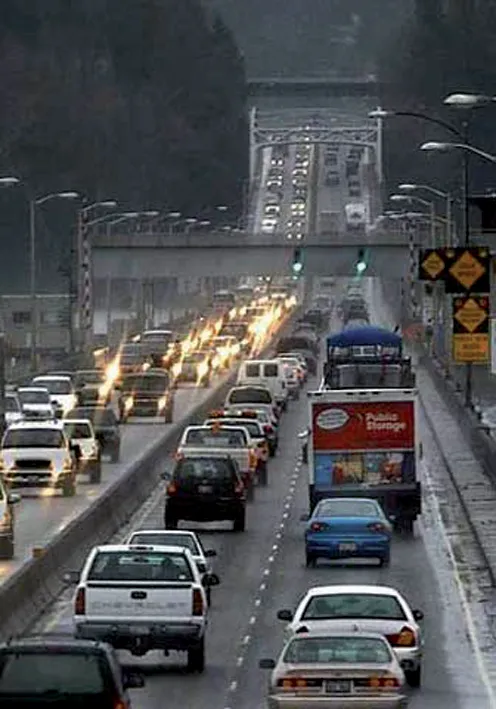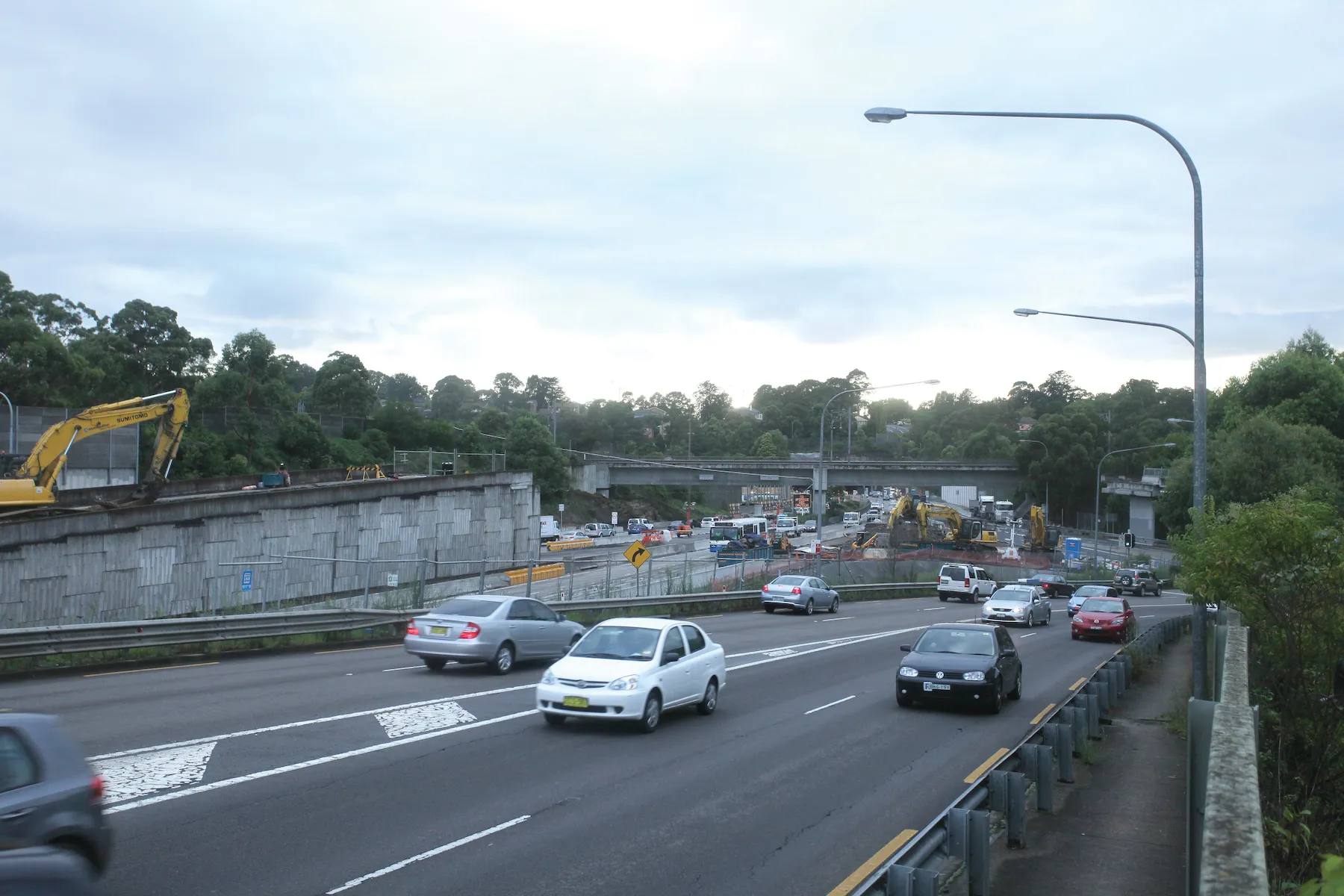The US state of Washington's Department of Transportation (WSDOT) has awarded a major contract to rebuild and upgrade State Route 520 in King County.
February 23, 2012
Read time: 2 mins

The 914 Washington State Department of Transportation (WSDOT) has awarded a major contract to rebuild and upgrade State Route 520 in King County.
The US$306 million projects will be handled by Eastside Corridor Constructors (ECC), a joint venture comprising1007 Granite Construction with a 60% stake in the contract and 984 PCL Construction Services with a 40% share of the work.
The aim of the project is to widen and rebuild a number of sections of the existing highway between the Lake Washington Floating Bridge and the Interstate 405 connector. The work will also include building three landscaped bridges over SR 520, adding high occupancy vehicle (HOV) lanes, bus rapid transit stations, direct access ramps to surface streets, and major retaining walls, sound walls, lighting, utility relocations and landscaping. In addition, the Lake Washington Floating Bridge will be converted to an electronic toll road with toll collection beginning in the spring of 2011. The toll revenue from the bridge will be used to part fund the construction costs as well as to help pay for operation and maintenance of SR 520 and any subsequent improvement. In addition, ECC will also carry out environmental work to improve drainage and prevent contaminated water run-off, upgrade fish habitats, and provide open drainage systems for fish passages. The construction work is expected to be complete by February 2014.
The US$306 million projects will be handled by Eastside Corridor Constructors (ECC), a joint venture comprising
The aim of the project is to widen and rebuild a number of sections of the existing highway between the Lake Washington Floating Bridge and the Interstate 405 connector. The work will also include building three landscaped bridges over SR 520, adding high occupancy vehicle (HOV) lanes, bus rapid transit stations, direct access ramps to surface streets, and major retaining walls, sound walls, lighting, utility relocations and landscaping. In addition, the Lake Washington Floating Bridge will be converted to an electronic toll road with toll collection beginning in the spring of 2011. The toll revenue from the bridge will be used to part fund the construction costs as well as to help pay for operation and maintenance of SR 520 and any subsequent improvement. In addition, ECC will also carry out environmental work to improve drainage and prevent contaminated water run-off, upgrade fish habitats, and provide open drainage systems for fish passages. The construction work is expected to be complete by February 2014.








